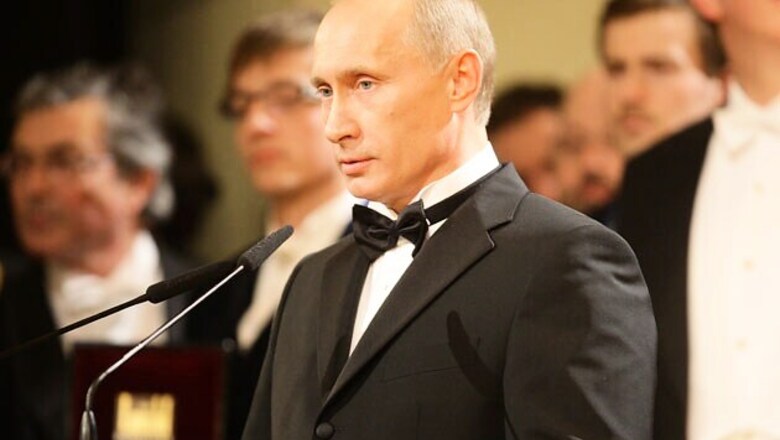
views
Moscow: Russia's President Vladimir Putin on Thursday rejected claims that Russian Special Forces are fomenting unrest in eastern Ukraine, but recognized for the first time that the troops in unmarked uniforms who had overtaken Ukraine's Crimean Peninsula before its annexation by Moscow were Russian soldiers.
He expressed hope for a political and diplomatic solution of the worst East-West crisis since the Cold War, saying he hopes that he won't have to send Russian troops into eastern Ukraine, which has been engulfed by violent protests against the new authorities in Kiev.
Speaking in a televised call-in show with the nation, Putin harshly criticized the West for trying to pull Ukraine into its orbit and said that people in eastern Ukraine have risen against the authorities in Kiev, who ignored their rights and legitimate demands.
A wave of protests, which Ukraine and the West said was organized by Russia and involved Russian special forces, have swept eastern Ukraine over the past weeks, with gunmen seizing government offices and police stations in at least 10 cities.
"It's all nonsense, there are no special units, Special Forces or instructors in the east of Ukraine," Putin said.
At the same time, he recognized for the first time that soldiers in unmarked uniforms - dubbed "little green men" by some - who have swept Ukraine's Black Sea region of Crimea laying the ground for its annexation by Moscow last month, were Russian troops.
Putin, who previously said the troops were local self-defense forces, said the Russian soldiers' presence was necessary to protect the local population from armed radicals and to ensure the holding of a referendum, in which an overwhelming majority of its residents voted for seceding from Ukraine and joining Russia.
"Our servicemen stood behind the back of Crimea's self-defense forces," Putin said. "They acted politely, but resolutely and professionally. There was no other way to hold the referendum in an open, honest and honorable way and allow the people to express their opinion."
Putin insisted that protests in the east of Ukraine only involve locals. He said that he told his Western counterparts that only local residents are involved in the protests in the east, and "they have nowhere else to go, they are masters of their land."
Putin denounced the Ukrainian authorities' decision to use the military to uproot the protests in the east as a "grave crime." He expressed hope for the success of Thursday's talks in Geneva that brings together the United States, the European Union, Russia and Ukraine for the first time since the Ukrainian crisis erupted.
"I think the start of today's talks is very important, as it's very important now to think together about how to overcome this situation and offer a real dialogue to the people," Putin said.
Russia has demanded that the new government in Kiev, which replaced the ousted pro-Russian President Viktor Yanukovych who fled to Russia following protests over his decision to spike a pact with the EU in favor of closer ties with Russia, move to transform the country into a loose federation. Ukraine has rejected the demand, but promised to give the regions more powers.
Putin repeated his argument that regions in eastern Ukraine historically had been part of the Russian empire and called Novorossiya before they were handed over to Ukraine by the Bolsheviks in the 1920s.
"God knows why," he said.
But he also seemed to keep the door open for Russia to recognize Ukraine's presidential election set for May 25, softening his previous demand that it must be postponed until the fall and preceded by a referendum on broader powers for the regions. He added that the primary goal is to ensure that people in the east should be offered clear guarantees of the protection of their rights. Putin also urged Ukraine to reopen trade and transportation routes into Moldova's separatist province of Trans-Dniester. Russia and the Trans-Dniester authorities say that the Ukrainians have blocked transport routes to the region. Moldova has frozen ties with Trans-Dniester since the 1992 war.
Putin has dodged a question about whether Moscow could accept Trans-Dniester's request for the recognition of its independence.
Trans-Dniester, located in eastern part of Moldova on border with Ukraine, has run its own affairs without international recognition since the 1992 war and hosted Russian troops. There have been fears in Ukraine that Russia could use region as a bridgehead for invading its southern region.













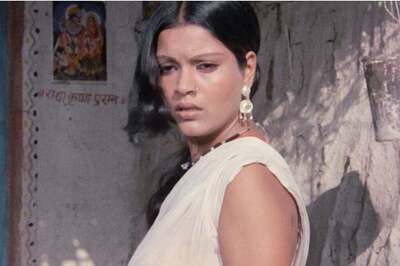
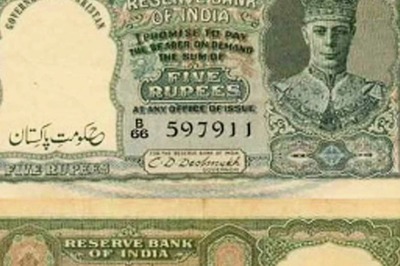
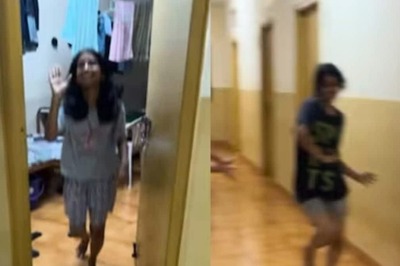

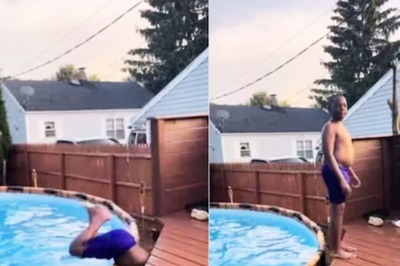

Comments
0 comment